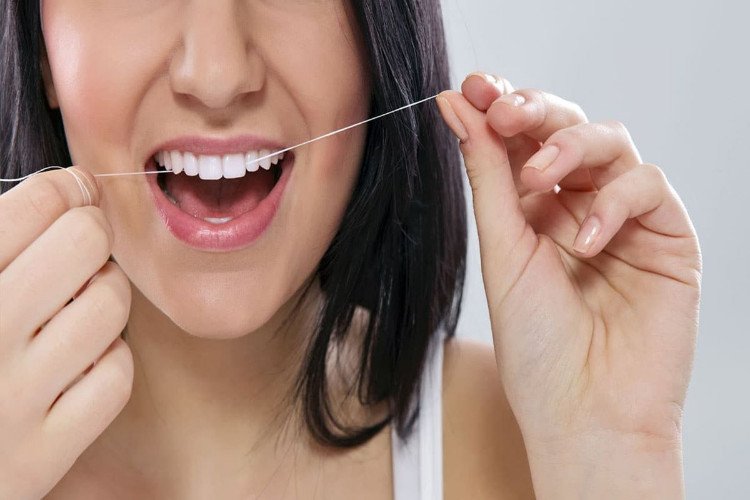
In a groundbreaking revelation for dental care enthusiasts, health experts are championing the manifold benefits of regular flossing, shedding light on how this simple yet effective practice can significantly contribute to overall oral health.
Dental health has always been a focal point for individuals seeking an optimal well-being, and recent studies have underscored the pivotal role that flossing plays in maintaining healthy teeth and gums. While brushing remains a fundamental part of oral hygiene, flossing emerges as a complementary hero, addressing areas that toothbrushes often miss.
Prevention of Gum Disease:
One of the foremost advantages of flossing lies in its ability to prevent gum disease. Dental professionals assert that flossing helps remove plaque and debris from between teeth and along the gumline, preventing the development of gingivitis and more severe periodontal diseases.
Plaque Removal in Hard-to-Reach Areas:
Toothbrushes, no matter how advanced, may struggle to reach certain nooks and crannies between teeth. Flossing, however, acts as a precision tool, effortlessly navigating these tight spaces and removing accumulated plaque and bacteria, which could lead to cavities and decay.
Fresh Breath Assurance:
Unpleasant breath is often linked to the presence of lingering food particles and bacteria in the mouth. Regular flossing not only removes these culprits but also contributes to maintaining fresh breath, boosting confidence in social interactions.
Preventing Tooth Decay:
Flossing is a crucial ally in the battle against tooth decay. By eliminating plaque and debris, individuals can mitigate the risk of cavities and enamel erosion, preserving the longevity of their teeth.
Enhanced Gum Health:
Beyond preventing gum disease, flossing promotes robust gum health. It stimulates blood circulation and helps maintain the integrity of the gum tissue, reducing the likelihood of issues such as recession and sensitivity.
Orthodontic Support:
For individuals with braces or other orthodontic appliances, flossing becomes even more critical. It allows for the removal of trapped food particles, preventing decay and ensuring the success of orthodontic treatment.
In light of these revelations, dental professionals are urging individuals to make flossing a non-negotiable part of their daily oral care routine. As the saying goes, “a healthy smile is a happy smile,” and it seems that the key to unlocking that happiness lies, in part, between the strands of dental floss. Embrace the habit today for a brighter, healthier, and more confident tomorrow.
 Weekly Bangla Mirror | Bangla Mirror, Bangladeshi news in UK, bangla mirror news
Weekly Bangla Mirror | Bangla Mirror, Bangladeshi news in UK, bangla mirror news







